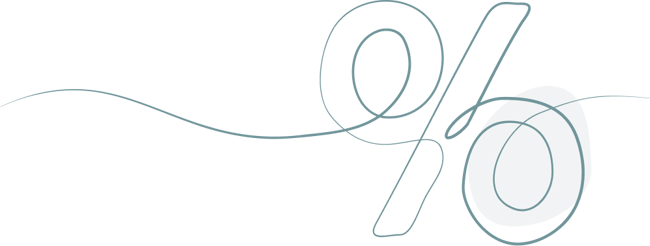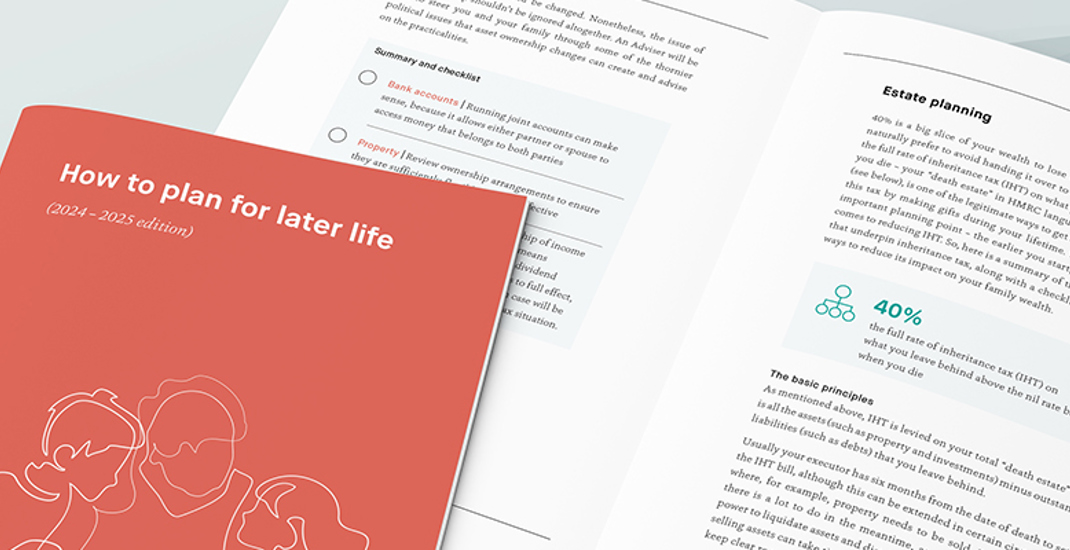Guidance
Guidance
All information here is general guidance, rather than personal advice and offers a light touch overview, rather than an exhaustive guide for decision making.
Defined benefit pensions
With a defined benefit pension (DB for short, sometimes called a final salary scheme), your employer promises to pay you a set income in retirement, based on your salary and years of service.
Defined benefit pensions are less common these days, but they offer the most certainty in retirement. There are strict rules around DB schemes, so before deciding to transfer or cash out of such a pension, you should and will need to obtain regulated financial advice.
Enquire today

Defined contribution pensions
With a defined contribution pension (a DC scheme), you and your employer pay money into your pension pot, but there is no guarantee of how much income you will receive in retirement.
The amount of income you receive will depend on how much money you have saved into your pension pot and how it has performed through its investment, while you will also usually get support from the government in the form of tax relief on your contributions.
Self-Invested Personal Pensions (SIPPs)
A SIPP is a type of defined contribution pension that gives you more control over your retirement investments. With a SIPP, you can choose from a wide range of investments, including shares, bonds, and property. You can also choose how much risk you want to take with your investments.
Workplace schemes differ, and it is worth checking that you are not going to lose specific or desirable benefits, but it is possible to transfer workplace pensions into a SIPP. Some people opt to do this, particularly where they have a number of smaller pensions from a range of employers, that they wish to combine into a SIPP that can be managed as a larger pension pot.
Enquire today
Pensions transfer
Pensions transfer
Pension transfers can be complex and for some types of pension, you might wish, or be required, to take regulated advice about your options. This is particularly relevant for those with guaranteed benefits, such as defined benefit schemes and any other pensions with safeguarded benefits.

How much should I contribute to my pension?
The amount you should contribute to your pension will depend on your individual circumstances, such as your age, salary, annual allowance, and existing retirement savings. It also depends upon the lifestyle you wish to afford in your retirement, as well as trying to factor in planning for future costs and the cost of inflation.
So, whilst there is no simple answer, a good rule of thumb is to aim to contribute at least 10% of your salary into your pension. However, as the topic can be complex and there is no simple solution, you may wish to consult a financial advisor to discuss your plans for your pension and retirement.
Taking more control over your retirement investments
SIPPs can give you more control over your retirement investments in several ways. Firstly, you can choose from a wider range of investments than with other types of pensions. This means you can create an investment portfolio that is tailored to your individual needs and risk tolerance.
Secondly, you can manage your own investments or pay an authorised financial advisor or investment manager to help you. This gives you more flexibility and control over your investment strategy.
Thirdly, you can choose how much risk you want to take with your investments. If you are comfortable taking on more risk, you could invest in assets that have the potential to generate higher returns. However, it is important to remember that higher returns also come with higher risk.
Sign up to receive the latest news from Killik & Co, including our Market Update and Killik Explains educational videos, and be one of the first to hear about upcoming events and webinars. You can unsubscribe at any time and learn how we use your data in our Privacy Policy.
Sign me up to the latest emails from Killik & Co. We will not share your details with anyone else and you can unsubscribe at any time by clicking “change preferences” at the bottom of our emails.
Capital at Risk
Capital at Risk
The value of your investments may rise or fall and you may not receive back the same amount you put in when you choose to cash out your savings. Tax treatment depends on the individual circumstances of each client and may be subject to change in the future.

How to choose a pension or SIPP
When choosing a pension or SIPP, there are a number of factors to consider, including:
- Fees and charges: Some pensions and SIPPs have higher fees and charges than others. It is important to compare the fees and charges of different providers before you make a decision.
- Investment options: Some pensions and SIPPs offer a wider range of investment options than others. It is important to choose a pension or SIPP that offers the investment options you need to achieve your retirement goals.
- Flexibility: Some pensions and SIPPs offer more flexibility than others. For example, some pensions and SIPPs allow you to transfer your pension pot to another provider. It is important to choose a pension or SIPP that offers the flexibility you need.
We have a range of Killik Explains educational videos on this subject.
Conclusions
Pensions and SIPPs are a great way to save and invest for retirement. They offer a number of benefits, such as tax relief on contributions and the potential for tax-free growth. If you are considering opening or transferring your pensions into a SIPP, we would be happy to offer a free consultation to discuss how we can help.






